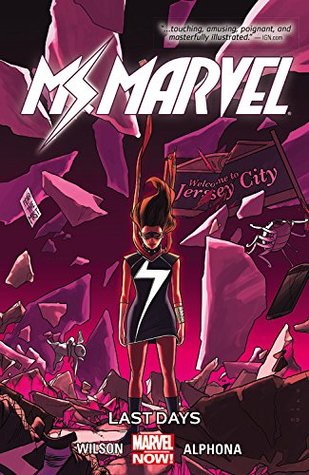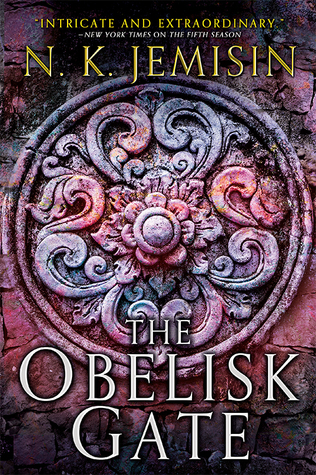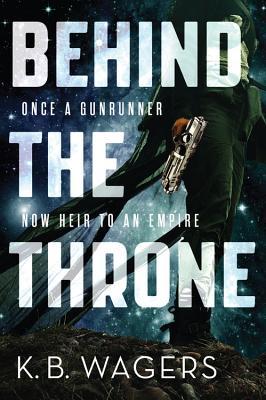
(Note: "Grawlix" are the symbols in this book's title, used in lieu of "fuck".)
4 of 5 stars
John Joseph Adams has a well-deserved reputation as an editor; I own several of his anthologies, and they're usually high-quality stuff. For this book, he teams up with Douglas Cohen.
This anthology's theme is reflected in the title: in every story, a character must say "What the [blank] is that." (Usually "fuck," although there was a "hell" and a "devil.") According to the forward, the book was originally slated to be a Lovecraft mythos anthology--and it is still dedicated to Cthulhu--but the subject matter was eventually expanded to include all monsters. In my opinion, this is a good thing, as it enlarged the anthology's scope (and, I believe, its quality) considerably. (Not that I'm down on Cthulhu in and of itself, but twenty stories of blood, guts, slime, gore and various unidentifiable body liquids and/or parts would get tiresome after a while.) The horrors here are wide-ranging, from the surreal to the straightforward Lovecraftian to an old-fashioned werewolf noir.
Most of the stories ranged from good to very good, although the one I downright disliked, Laird Barron's "Mobility," was unfortunately the lead-off tale. Needless to say, these stories are not lighthearted, and more than half of them have depressing downer endings. This naturally flows from the anthology's theme, but be warned. Some highlights include "Little Widow," by Maria Dahvana Headley, a delightful magical realist piece about three sisters, the survivors of a cult, and angelic dinosaurs (and just about the only story with a halfway happy ending); Christopher Golden's "The Bad Hour," about an Iraqi war veteran dealing with PTSD, both the normal and the supernatural kind; Seanan McGuire's "#ConnollyHouse #WeShouldntBeHere," a story told as a series of Tweets that overcomes its gimmicky premise to become genuinely scary (you have to pay attention to the timestamps with this one); and "We All Make Sacrifices: A Sam Hunter Adventure," by Jonathan Maberry, the aforementioned "werewolf noir" story and possibly my favorite in the book.
This anthology is well worth your time. Recommended.
Tags:





















